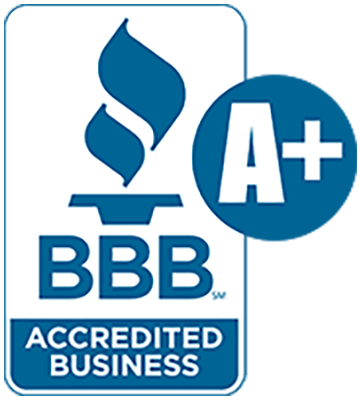Computer hardware and software problems can happen out of the blue. That is an unfortunate side to owning a desktop or laptop computer. That said, the majority of problems PC techs deal with are a result of user error or ignorance.
When dealing with computer repairs, there are some recurring problems that stump end users and are totally avoidable. So here s a list of simple tips and tasks to keep your computer working as it should.
- Don't install more than one anti-virus program. This leads to conflicts that can be difficult to pinpoint.
- Completely uninstall a malware program when installing a replacement. Just disabling such software often leaves processes and registry entries that conflict with the replacement program. This often leads to hard-to-diagnose errors and lockups.
- Clean the temporary files from your computer regularly. I'd suggest after every session, no matter how short. This is best done with the fantastic free program CCleaner and takes seconds if done regularly.
- Run regular full virus scans with your anti-virus software. This will ensure that any files you have added to your hard disk are scanned and cleaned, or removed if not.
- Avoid handling laptops with one hand when not in a carry case. This is a common cause of dropped laptops, leading to failed drives and other problems including screen damage.
- When plugged in, always use an anti-surge socket with your laptop or desktop PC. This is vital for the protection of the delicate components within.
- Back up regularly. Data retrieval is a very expensive repair to have done and is probably the most avoidable.
- Shut down your computer properly. Avoid cutting the power at the plug. Sudden power cuts can lead to corrupted and even dead hard drives.
- Don't open and attempt hardware repairs unless fully competent to do so. Tampering with computers can turn a simple repair into a major repair.
- If you do handle any of the internal components of a desktop or laptop computer, make sure you are grounded against static discharge. This can be fatal to your computer.
If you do, however, get into a situation where there are preliminary signs of failure such as unannounced crashes and lockups, make sure the first thing you do is back up your recent files, or if you have no backup routine running, do a full backup. This is really the most important part of your regular routine as it's possible to save years of work and memories from being lost with a simple backup. The one thing to bear in mind about backups is you should never backup to the same physical drive you are using for your files. Having a backup on the same drive means that if there is irretrievable physical damage, both the original and the backup will be lost.
Generally, most end users will be guilty of doing one or more of these problem-causing actions. The problem is that most people don't realize the dangers before it is too late. Follow these simple rules to cut your chance of disaster... Safe computing.

